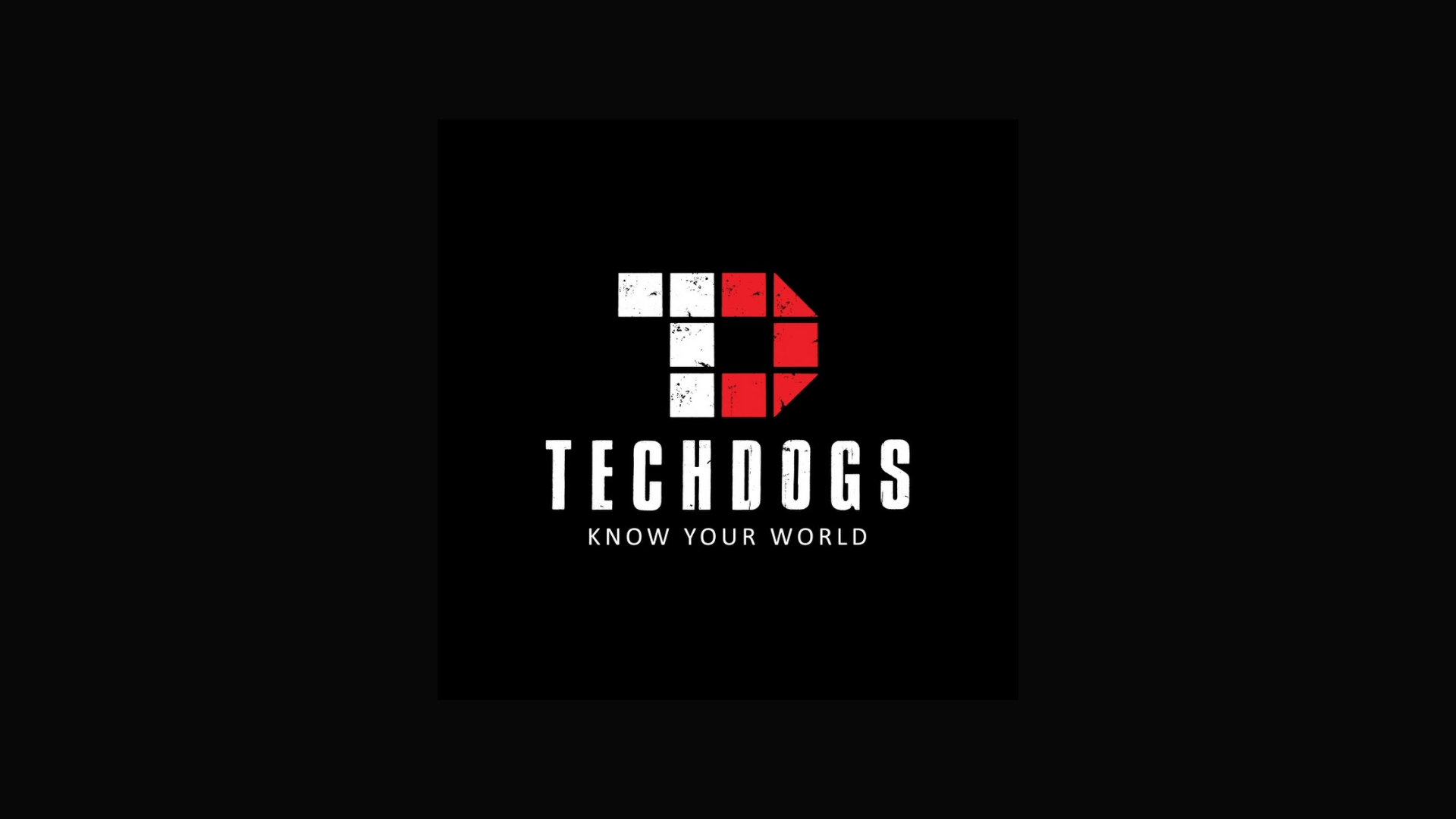The recent news around “DeepSeek” is the latest and most glaring example.
DeepSeek: Turning AI upside down
Yesterday a Chinese AI startup, DeepSeek, burst onto the scene. The company claimed to have trained a massive AI model with a fraction of the resources required by U.S. giants like OpenAI. It released a chatbot that climbed to the top of the App Store, apparently outperforming even the likes of GPT-4.
Investors—and the media—ate it up. Especially at a time when Trump is so desperate to assert US authority.
The result? A stunning $600 billion wipeout in Nvidia’s market value – the biggest ever market drop. The logic: If DeepSeek can do so much with so little, what’s stopping other companies from following suit and disrupting the AI hardware market? Nvidia’s dominance suddenly seemed less secure.
But here’s the kicker: DeepSeek’s ability to deliver on its promises isn’t proven. Sceptics point to the lack of transparency and question how a company under U.S. chip export sanctions could achieve such efficiency.
That’s the power of storytelling.
The Google Quantum Chip That Wasn’t Ready
This isn’t the first time we’ve seen storytelling drive markets. Remember last year when Google announced a new quantum chip? The company’s stock surged, even though the chip’s practical applications were years away. But the narrative—Google as a cutting-edge leader in quantum computing—was enough to get investors excited.
The actual product didn’t matter as much as the story around it.
This reminds me of 2017 when the bitcoin hype reached a crescendo. Shares in a tiny US soft drinks firm, Long Island Iced Tea Corp, quadrupled in value in just one day after it changed its name to Long Blockchain Corporation, the latest move by a string of obscure companies rebranding themselves in an attempt to ride the bitcoin bubble.
Nvidia and Quantum Computing’s “Reality Check”
Conversely, sometimes it’s a lack of a compelling story that causes chaos. Nvidia’s comments last year about quantum computing being 20 years away sent shockwaves through the market. Quantum-focused companies saw their valuations tumble overnight. Why? Because the narrative of quantum being “just around the corner” had been driving much of the excitement. Nvidia’s blunt dose of reality burst the bubble, and the markets responded accordingly.
Why Stories Matter More Than Ever
We’re living in a post-truth era where stories seem to carry more weight than facts. Why does this happen?
It’s simple: stories are emotional. They’re memorable. They’re how we make sense of complexity. In fast-moving industries like AI and quantum where technical details can be hard to grasp, a compelling narrative is often more powerful than a data sheet.
DeepSeek is a story of David versus Goliath—a scrappy Chinese “startup” taking on the likes of OpenAI. Whether or not it’s true became secondary. The narrative alone was enough to shake investor confidence in established players like Nvidia.
Danger of a Story-Driven Market
But there’s a dark side to this reliance on storytelling.
When the truth is obfuscated, and narratives dominate, markets can become irrational. Companies can gain or lose billions based on perception rather than performance. This isn’t just risky for investors—it’s risky for innovation itself. If companies are rewarded for spinning a good story rather than delivering results, what incentive is there to focus on substance?
Risks and rewards for tech marketers
Marketers have always recognised the importance of storytelling. Today it’s even more important than ever. A company’s fortune rests on our ability to develop a compelling narrative. Getting this right offers big rewards. But not getting your story right carries an even greater risk.
Furthermore, if you’re the punch line of the other company’s story. It’s increasingly difficult to control the narrative. Especially when evidence increasingly comes secondary to the story.
Good luck out there.















